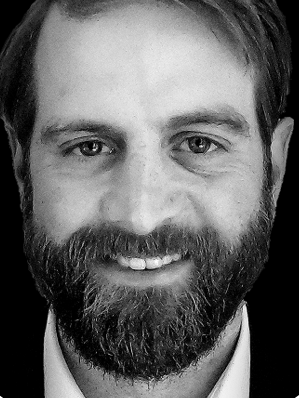Benjamin T. Reinke is a nonresident senior fellow at the Atlantic Council Global Energy Center. He is an energy professional with expertise in science and innovation, clean energy technology development, industries of the future, nuclear systems, critical minerals and materials, space science and technology, and the nexus of energy security and national security. His policy development and implementation experience spans both the legislative and executive branches.
Reinke was previously the executive director of the Office of Strategic Planning and Policy of the Department of Energy (DOE). As the senior policy advisor to the secretary, he spearheaded high-priority energy initiatives and led an interdisciplinary team of experts in crafting long-term, cross-cutting DOE strategies. Prior to the DOE, Reinke served as majority professional staff on the Senate Committee on Energy and Natural Resources (ENR), where he led departmental oversight and the development of law spanning a range of energy issues including technology development, batteries and grid storage, workforce, microgrids and integrated energy systems, nuclear energy, and university research and development. He first joined the ENR team as the 2016 American Nuclear Society Glenn T. Seaborg congressional fellow. As the chief architect of legislation and strategies in these roles, Reinke has worked with researchers and innovators across economic sectors.
Reinke holds his PhD and MS in nuclear engineering, as well as his BS in physics and French from the Ohio State University, where he was a National Aeronautics and Space Administration space technology research fellow and a Nuclear Regulatory Commission fellow. His graduate studies included the study of radiation damage in advanced materials for space applications and the development and characterization of high-temperature radiation detectors for nuclear safeguards in molten salt reprocessing environments. His undergraduate research thesis discussed the cultural and political context of the development of the French nuclear program, during which time he also worked as a research assistant in a high energy-density physics laser research group.
